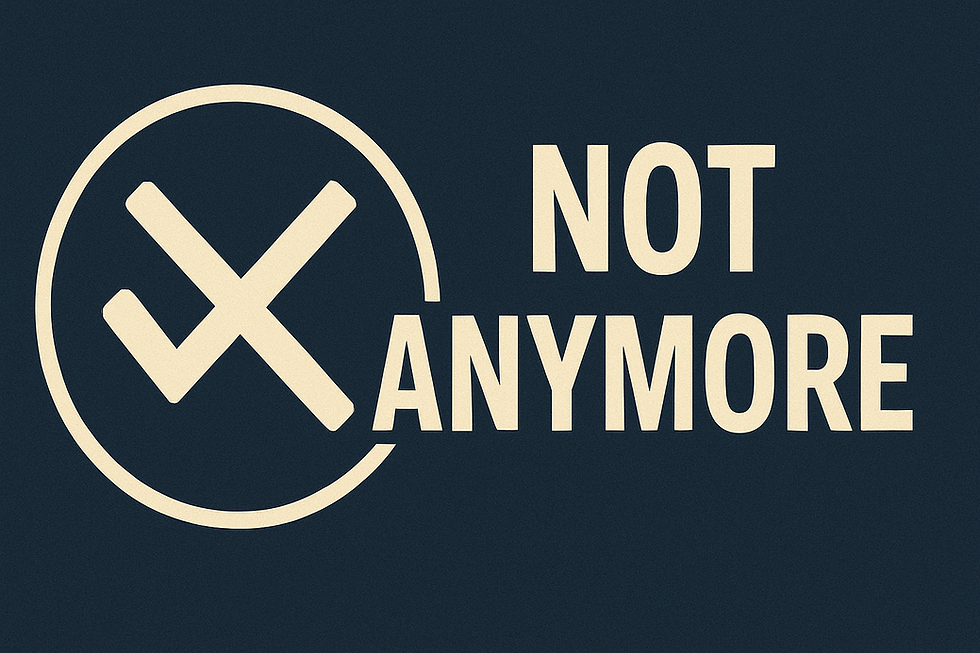Maybe—Maybe Once—One Could Say “Both Sides Are Equally Bad,” But Not Anymore
- john raymond
- Sep 9, 2025
- 2 min read

There was a time—foolish though it was—when one might have indulged the lazy conceit that “both sides are equally bad.” A time when cynics and opportunists could wash their hands of civic responsibility by pretending that American political decay was symmetrical.
But that time is gone. The votes are recorded. The truth is clear. And those who still mouth “both sides” are no longer observers; they are accomplices.
The Republicans on the House Rules Committee have given us proof. Twice in the past months, amendments were introduced to force disclosure of Jeffrey Epstein’s files—financial records, communications, official documents long withheld from the public.
Twice, every single Republican on the committee voted to block release. Not some. Not most. All of them. They were not caught off guard, not confused by parliamentary language. They made a conscious choice, in full lockstep, to side with concealment over transparency, with power over justice.
This is not a quirk of individuals; it is the party acting in its most formal capacity. Rules Committees are not the place for freelancing. They are the crucible where leadership sets its course.
And here the course was unanimous: protect the secrecy surrounding Trump and Epstein, block the public’s right to know, and deny survivors the clarity of truth. One may argue over motive—whether fear, guilt, or calculation drove the vote—but the effect is undeniable. Republicans chose obstruction.
Democrats, meanwhile, pushed to open the files. Their amendments did not pass because Republicans refused to let them pass. That is the stark asymmetry.
One side is trying to lift the veil; the other is trying to clamp it down. To pretend otherwise is to embrace blindness.
The implications are dire. When a party in power uniformly closes ranks to hide information about one of the most grotesque scandals of our age, it tells us what they value: not justice, not truth, not the people they represent, but the preservation of their own and their allies’ power.
This latest vote marks a line of demarcation in American politics. Once, perhaps, one could indulge in the fiction that the rot was equally spread. But not anymore. The record shows otherwise.
The brush is theirs. The paint is theirs. I but apply it liberally so that all can see.




Comments